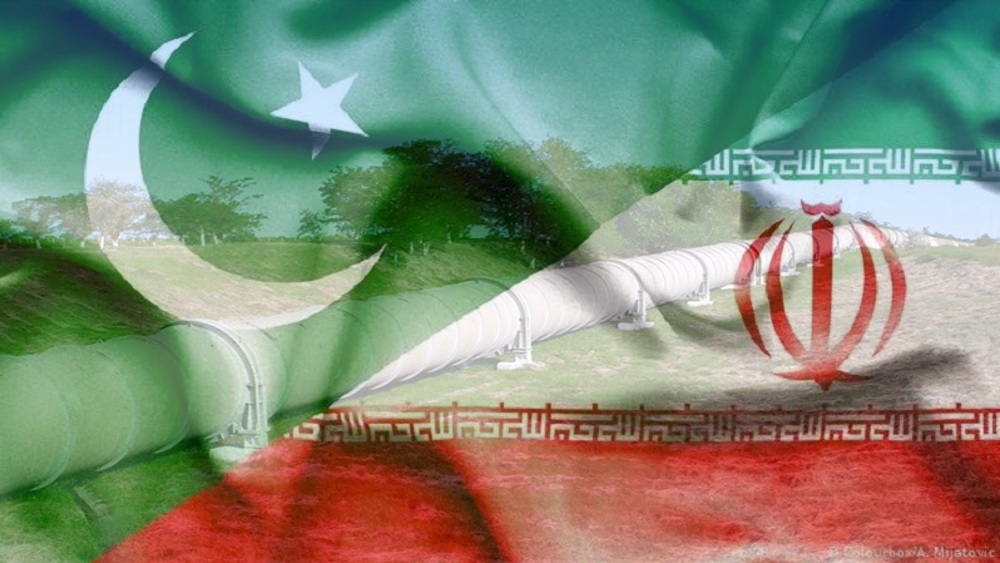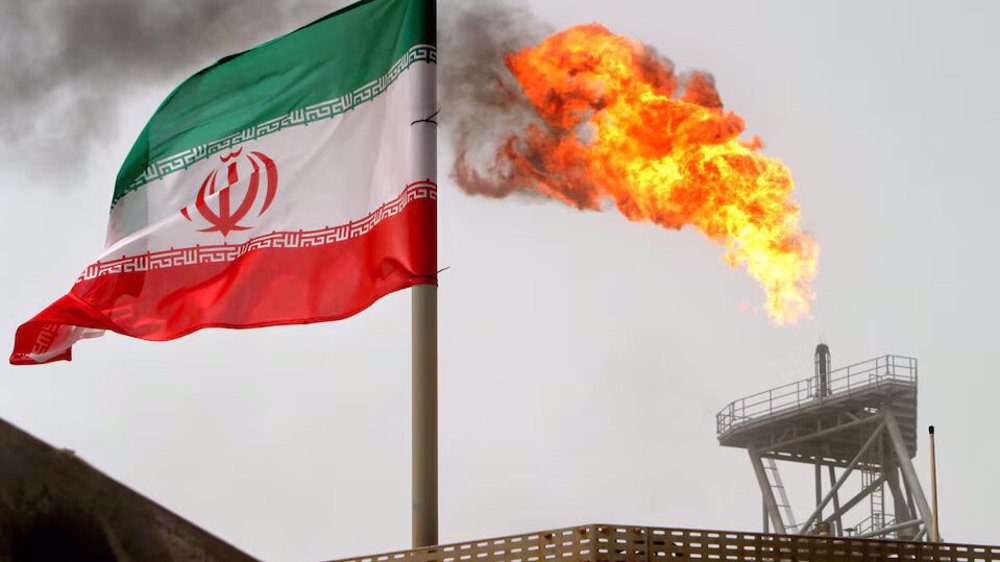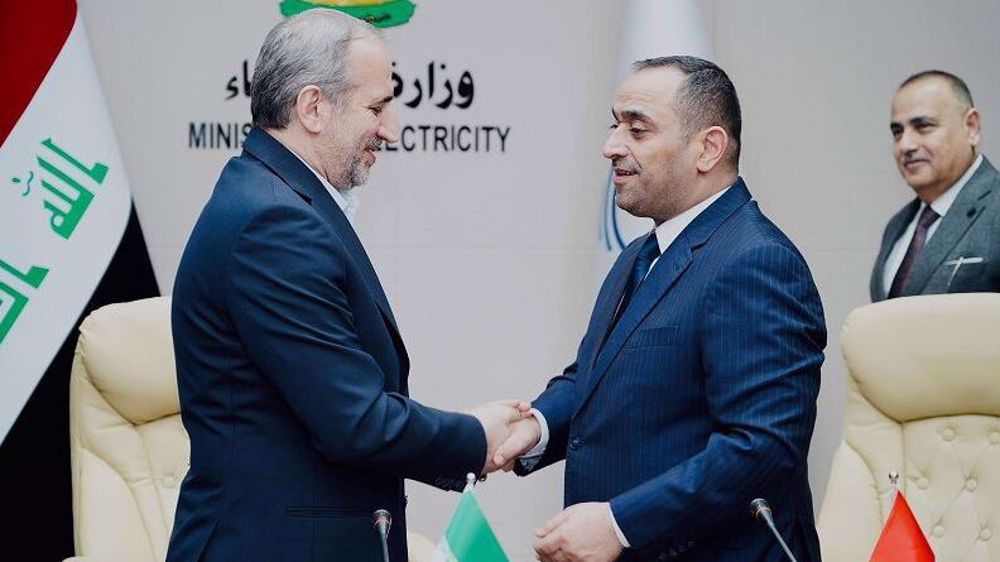OPEC says able to accommodate Iran return
OPEC Secretary General Abdullah al-Badri says the organization will be able to make room for Iran’s barrels when the country restores production to the levels before sanctions.
Tehran exported around 2.3 million barrels of oil per day before sanctions cut them to around 1 million. With finalized nuclear negotiations having paved the way for the removal of the sanctions, Iran wants to regain its normal share of the market.
“We are really happy that sanctions are on their way to be over for Iran. Now we don’t have any country under sanctions in our organization,” al-Badri has said in Moscow.
“I think the quantity that is in question, I think our group will accommodate them,” he added.
Badri said he had received no request for an extraordinary OPEC meeting before the next scheduled gathering in December despite speculations that it might be needed to discuss Iran’s return to normal production levels.
Tehran has said it will raise output by 500,000 barrels per day within two months and 1 million bpd after six months once the sanctions are lifted.
Certain circles are in a panic mode, stating that Iran’s return to pres-sanction production levels would worsen the global supply glut.

The overabundance is the result of the US producing near the fastest rate in three decades and its ally in OPEC – Saudi Arabia – pumping at a record pace.
Most of OPEC and non-OPEC members have been on the receiving end of the tribulations of the market as a result of the Saudi and US overproduction.
The turmoil has brought Russia – the world’s biggest oil producer outside OPEC – closer to the Organization of the Petroleum Exporting Countries. Russia has indicated to attend the next OPEC meeting in Vienna in December.
On Thursday, al-Badri met with Alexander Novak in Moscow but the Russian energy minister said they didn’t discuss coordination in detail.
“The question of lowering production is very difficult for Russia, many countries feel that this is not necessary,” Novak said.
Al-Badri, meanwhile, said OPEC did not plan to cut production despite sliding oil prices which have slumped 50% to around $50 a barrel in the past year.
Under the Saudi insistence, OPEC decided to keep output levels intact in its last meeting in Vienna in June despite the supply glut.
“We met in December last year and we met in June this year. We decided to keep our production at 30 million barrels a day, the same as before. We are not ready to reduce our production,” al-Badri said on Thursday.
The OPEC chief said he didn’t expect prices to fall further because demand was growing. Novak also estimated that global oil demand would grow by 1.2-1.3 million bpd this year.
Analysts have said they were confident prices would return to $90 a barrel in three years. Al-Badri said, “While the prices ... no doubt will rebound, it is still too early to say when this will happen."
UN warns hundreds of thousands of Sudanese under ‘immediate danger’
Iraqi resistance strikes ‘vital’ target in Eilat after Israel attacks PMU base
North Korea conducts cruise missile warhead test: State media
Israeli airstrike kills at least 7 people in Rafah
VIDEO | Iranians hold nationwide demos in support of IRGC
Syria condemns US veto of Palestine UN membership resolution
Iraqi resistance forces hit Israeli Ovda air base
Hackers break into Israeli military’s computers, access trove of documents










 This makes it easy to access the Press TV website
This makes it easy to access the Press TV website